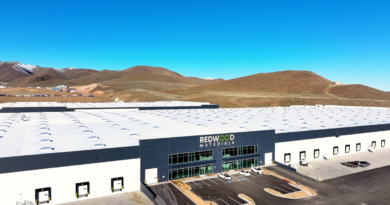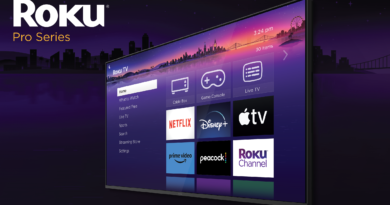Sidus Space acquires Exo-Space to ramp up on orbit data offerings
Sidus Space is taking another step toward full vertical integration with the acquisition of California-based Exo-Space, a startup that offers edge computing on orbit.
While the exact financial details were not disclosed, Sidus is paying cash for 15% of Exo-Space, in return for the startup’s contract revenues. The remainder of the acquisition is being paid via stock options and performance incentives, Sidus said in a statement.
Sidus, which is headed by space industry veteran Carol Craig, has maintained a relatively low-profile over its ten-plus years of operation. The company, which used to be called Craig Technologies Aerospace Solutions, was originally established as a subsidiary of technology solutions company Craig Technologies. (That company is also headed by – no surprise – Carol Craig.)
But even though you may not have heard of Sidus before now, it has had its hands in almost every major space program you can think of – stretching even back to the Space Shuttle’s retirement in 2011. The company has manufactured hardware for programs including Boeing’s Starliner reusable spacecraft, Sierra Space’s Dream Chaser spaceplane, and Airbus OneWeb’s satellite constellation.
In 2021, the subsidiary went through something of a transformation: it changed its name to Sidus and spun out, raising $15 million in an initial public offering on the Nasdaq stock exchange to further expand into the commercial space market. Since that time, Sidus has raised at least $5.2 million in additional capital.
It’s a notably different route than many other space companies, which headed to the public markets via mergers with SPACs, or special purpose acquisition companies. While Sidus raised less money than many of its peers who chose the SPAC route, Craig was able to maintain a notable amount of control in the company, with Craig Technologies being the majority shareholder in Sidus.
More recently, the company has turned to manufacturing its own satellites, called LizzieSats, that will operate in low Earth orbit. Sidus’ acquisition of four-year-old Exo-Space is part of the company’s plans to be a fully vertically-integrated space company.
“We were building satellite hardware for everybody else,” Craig said in a recent interview with TechCrunch. “Building our own satellite was just an extension of what we were already doing.”
Sidus will integrate Exo-Space’s technology into every satellite bus, and to offer customers ‘rideshare’ opportunities to launch with other payloads and collect co-incident data.
The company also plans to offer space-based data and insights as a service, related initially to Earth observation and space situation awareness. The company will use its LizzieSat platform to host multiple sensors at a time – but analyzing the data on orbit is where Exo-Space’s technology comes in.
The startup has developed on-orbit data processing services and radiation-tolerant computing systems. They’ve has optimized for ultra-low latency and for small form factors, suitable for space environments. Being able to process data on-orbit and only transmit down what the customer needs is quicker and cheaper than conventional solutions, Craig said.
“Having a solution on a satellite that is both the computing solution and the software, that’s what true edge computing, edge AI, entails,” Craig said.
Looking to the future, Sidus wants to continue to build out its infrastructure in space, including in the cislunar environment. To that end, the company has locked in a multi-year, multi-launch contract with SpaceX to grow its presence in the space domain.
“The more satellites on orbit, the more data you’re processing, the more customers are reaching, and that’s where we see that growth,” Craig said.




